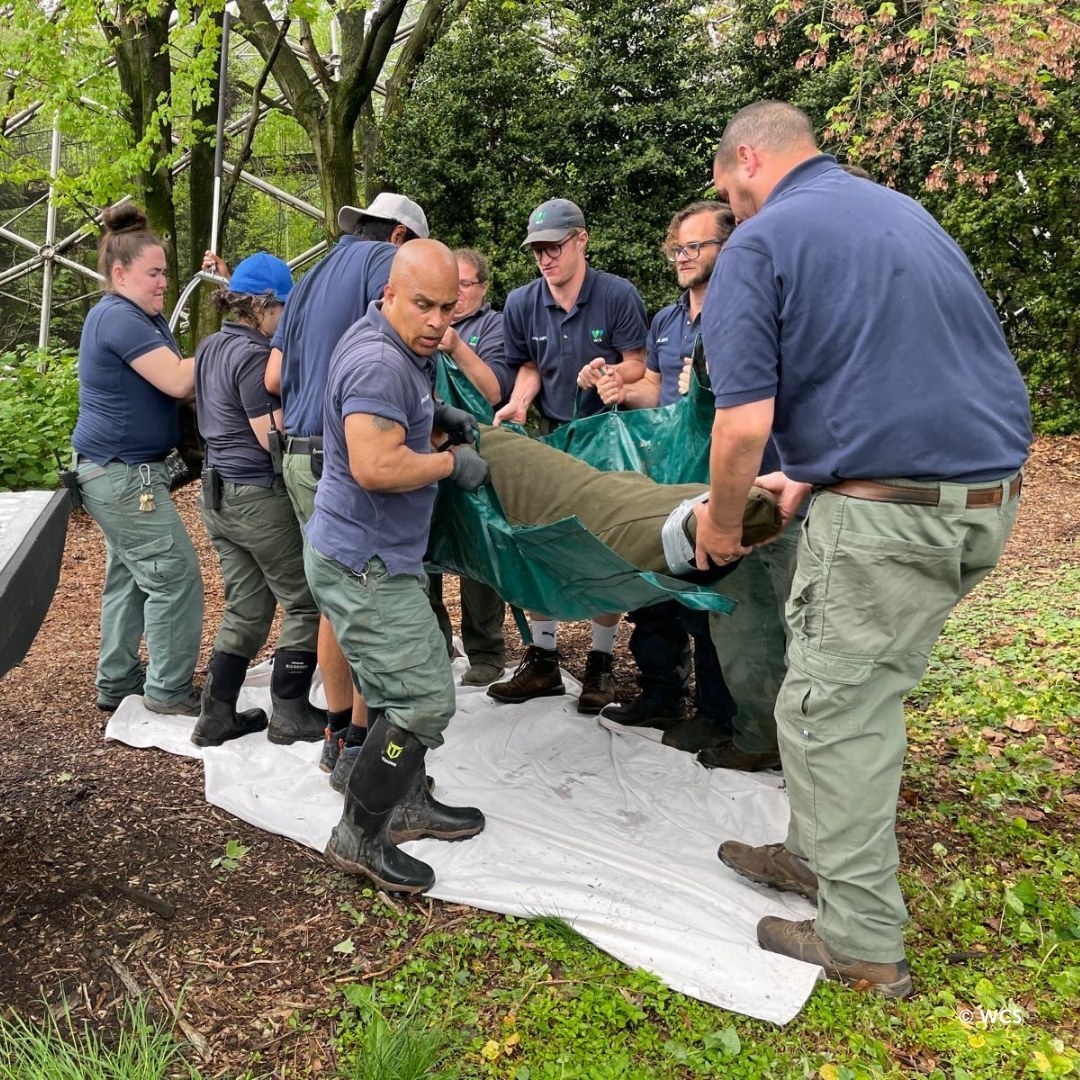- The diverse roles and responsibilities of zookeepers at Queens Zoo
- The importance of specialized training and knowledge in effective animal care
- Specific examples of teamwork in zookeeping tasks
- Conservation efforts and the role of zookeepers in wildlife preservation
- Visitor engagement and educational activities provided by the zoo
Working with animals at the Queens Zoo demands not only a profound understanding of zoology but also a comprehensive set of practical skills. Zookeeping combines a scientific approach with hands-on techniques to ensure the well-being of a wide array of animals. A zookeeper’s daily responsibilities include cleaning habitats, preparing and administering food, providing medical care, and offering behavioral enrichment. Moreover, engaging with visitors through educational programs is a cornerstone of the zoo’s mission to foster a deeper appreciation for wildlife conservation.
A zookeeper’s workday is far from monotonous. Each task, whether it’s maintaining the cleanliness of the American alligator exhibit or deep cleaning the sea lion pool, requires attention to detail and adaptability. Food preparation and feeding schedules are meticulously planned to meet the dietary needs of different species, ensuring they receive optimal nutrition. Animal training and enrichment activities stimulate natural behaviors and promote physical and mental health. This multifaceted approach underpins the balance between art and science in zookeeping.
The job is certainly challenging, requiring both mental and physical stamina. Take, for instance, the annual American alligator exhibit transfer. This task involves carefully moving these robust reptiles to a new enclosure, necessitating precise coordination among team members to prevent animal or staff injury. Similarly, bison field clean-up demands strategic planning and cohesive teamwork to manage these large, powerful herbivores. Each job underscores the indispensable nature of teamwork in zookeeping.
Training for a role at Queens Zoo involves extensive education in animal biology, ecology, and behavior. Prospective keepers often study zoology, wildlife management, and veterinary science. Additionally, practical experience through internships or volunteer opportunities at other zoological institutions provides valuable hands-on knowledge.
Each keeper brings a unique set of skills to the team, contributing to a holistic approach to animal care. For instance, preparing diets for the zoo’s diverse inhabitants requires understanding different species’ nutritional needs. Sea lions, for example, have specific dietary requirements that differ significantly from those of reptiles or birds. Collaboration among staff ensures that dietary plans are tailored effectively.
Another significant aspect of zookeeping is behavioral observation and research. Keepers regularly monitor animals for health and behavioral changes. This practice is crucial for the early detection of potential issues and contributes to ongoing research efforts to enhance our understanding of different species. In the case of the Queens Zoo, such observational data support conservation initiatives, aiding in the protection of endangered species.
Zookeepers play a vital role in conservation efforts. Many species housed at the Queens Zoo are part of broader conservation programs, such as the Species Survival Plan (SSP). Zookeepers contribute to the global effort to protect biodiversity through breeding, educational outreach, and habitat preservation initiatives. These programs not only aim to increase population numbers but also focus on maintaining genetic diversity, essential for the long-term viability of species.
Public engagement and education are also fundamental aspects of a zookeeper’s role. The Queens Zoo offers various educational programs to teach visitors about the animals, their habitats, and the importance of conservation. Interactive exhibits and guided tours give guests a deeper understanding of the animal kingdom. By fostering a connection between visitors and wildlife, zookeepers help cultivate a sense of environmental stewardship.
An example of this engagement can be seen at the zoo’s farm area, where keepers interact directly with guests, teaching them about domestic farm animals and sustainable farming practices. This enhances the visitor experience and educates the public about broader environmental issues.
In conclusion, teamwork at the Queens Zoo is a dynamic interplay of scientific knowledge, practical skills, and dedication to animal welfare. Zookeepers must be adaptable and work cohesively to meet the diverse needs of the animals in their care. Their combined efforts ensure that the zoo operates smoothly, providing a safe and enriching environment for the animals and an educational experience for the visitors.
The comprehensive care provided at Queens Zoo exemplifies the motto “teamwork makes the dream work,” highlighting the collaborative spirit necessary to effectively manage such a complex and multifaceted institution. Through rigorous training, meticulous daily practices, and an unwavering commitment to conservation and education, the team at Queens Zoo continues to inspire and educate, fostering a greater appreciation for the natural world.
*****
Source Description
Teamwork makes the dream work at Queens Zoo!
Working with animals requires knowledge, skill, creativity, dedication and complex problem solving, so zookeeping is a mixture of art and science. A keeper’s day may include cleaning, food preparation and feeding, animal training and enrichment, behavioral observation and research, exhibit development, guest engagement, and much more. In these photos you can see our keepers participating in our annual American alligator exhibit transfer, bison field clean up, sea lion pool deep clean, and farm guest engagement and education. It’s never a dull day for our keepers!

